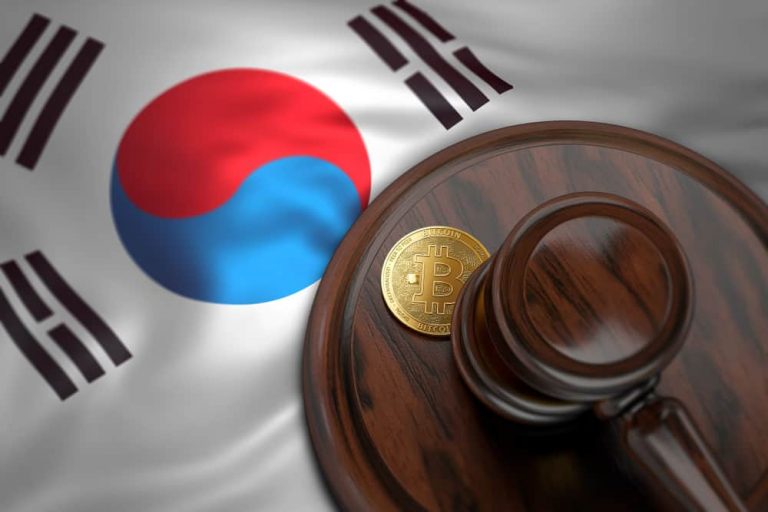
In a striking case of financial misconduct, a South Korean civil servant has been charged with the embezzlement of public funds amounting to approximately 600 million won (around $438,000), which were allegedly used for personal cryptocurrency investments. This incident has sent ripples through the South Korean administrative system, highlighting vulnerabilities and the pressing need for stringent oversight mechanisms.
The accused, a grade six civil servant from Cheongju City Hall, reportedly forged official documents over a seven-year period starting in January 2017 to misappropriate funds designated for government affairs, including student work placements and support projects for North Korean defectors. The prosecution’s indictment suggests a calculated misuse of authority to facilitate personal financial gain through investments in the volatile cryptocurrency market and stock trading, while also settling personal debts.
This case is not an isolated event but part of a series of crypto-related scandals involving South Korean civil servants. Earlier incidents include a Seoul civil servant arrested for crypto-related fraud and voice phishing attacks, and another official who fled abroad after converting a substantial amount of national health insurance funds into cryptocurrency.
Register for Tekedia Mini-MBA edition 19 (Feb 9 – May 2, 2026): big discounts for early bird.
Tekedia AI in Business Masterclass opens registrations.
Join Tekedia Capital Syndicate and co-invest in great global startups.
Register for Tekedia AI Lab: From Technical Design to Deployment (next edition begins Jan 24 2026).
The Cheongju District Prosecutors’ Office has taken a firm stance, seizing assets such as apartments and vehicles to recover the proceeds of the crime. The spokesperson for the prosecution emphasized the commitment to a thorough and loophole-free case to ensure a sentence commensurate with the crime’s severity.
Here’s a brief overview of some notable incidents that have made headlines:
The Coinrail Hack (2018): Coinrail, a South Korean crypto exchange, was hacked in June 2018, leading to the loss of approximately $40 million worth of cryptocurrencies. This incident raised serious concerns about the security measures of crypto exchanges.
The Justice Minister’s Trading Ban Proposal (2018): In January 2018, South Korea’s Justice Minister Park Sang-ki proposed a trading ban on cryptocurrencies, leading to a massive public outcry and a significant drop in global crypto markets. The proposal was later softened following public backlash and government discussions.
The Upbit Fraud Case (2019): Executives from Upbit, one of South Korea’s largest cryptocurrency exchanges, were indicted for fraud in April 2019. They were accused of making fake orders to inflate trading volumes and deceive investors.
The Nth Room Case (2020): In one of the most disturbing scandals, the ‘Nth Room’ case involved a crypto-encrypted chat room where users paid in cryptocurrency to access videos of sexual exploitation. The scandal prompted a national debate on digital sex crimes and the role of cryptocurrencies in such illegal activities.
The Terraform Labs Collapse (2022): Terraform Labs, a South Korean blockchain company, faced intense scrutiny after the dramatic collapse of its Terra (LUNA) and TerraUSD (UST) tokens in May 2022, wiping out billions in market value and affecting numerous investors.
The broader implications of these scandala are significant. It underscores the allure and risks associated with cryptocurrency investments, especially when juxtaposed against the backdrop of public service and trust. Moreover, it raises questions about the adequacy of current financial controls within government bodies and the potential for blockchain technology to offer more transparent and tamper-proof systems for managing public funds.
As the legal proceedings unfold, the South Korean public and global observers await the outcome, which will likely influence future policies and preventive measures against such financial crimes. The incident serves as a cautionary tale about the ethical responsibilities of public officials and the critical importance of maintaining integrity within the public sector.



